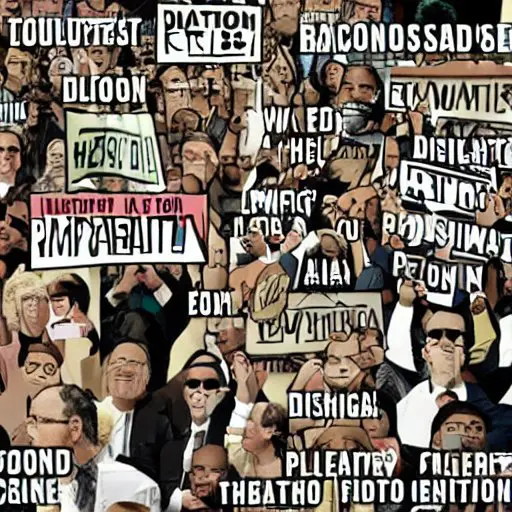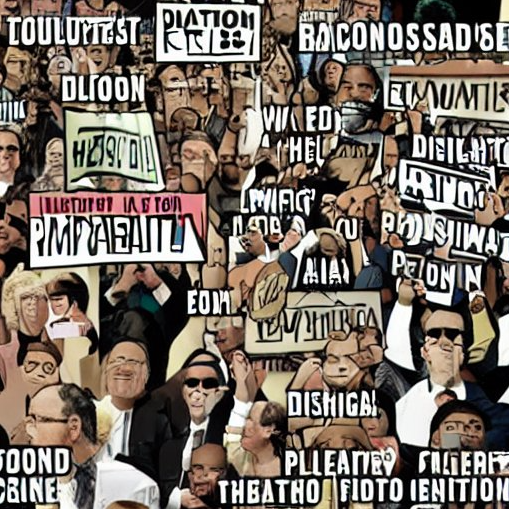The concept of “flying monkeys” is a term that originates from popular culture, specifically the 1939 film “The Wizard of Oz,” where the Wicked Witch of the West employs winged monkeys to carry out her malevolent deeds. In the realm of psychology and interpersonal relationships, the term has been appropriated to describe individuals who act on behalf of a narcissist or emotional predator, often without full awareness that they are being used to harm others.

Psychological underpinnings of flying monkeys
Flying monkeys serve as extensions of the narcissist’s inflated ego and domineering will. They are often manipulated into believing that the narcissist’s cause is just, and they may even think they are helping to protect or defend someone they care about. This is achieved through a range of manipulative tactics such as gaslighting, projection, and triangulation.
Gaslighting is a hallmark of narcissistic personality disorder (NPD) and emotional abuse that involves making someone doubt their own perceptions and memories, while projection shifts the narcissist’s negative traits onto the victim. Triangulation pits people against each other, creating a web of confusion and mistrust.
Usage by narcissists
Narcissists employ flying monkeys to extend their sphere of influence and control. These enablers can be friends, family members, or even colleagues who are manipulated into carrying out various tasks for the narcissist. These tasks can range from spreading rumors and gossip to more overt acts like harassment or stalking. The flying monkeys often believe they are acting out of loyalty or love, not realizing that they are pawns in a larger scheme.
The narcissist’s relationship with their flying monkeys is transactional. There’s an unspoken quid pro quo: the flying monkeys get to bask in the narcissist’s approval, and in return, they carry out the narcissist’s bidding. This dynamic allows the narcissist to maintain a clean image via plausible deniability, as they can always distance themselves from the actions of their flying monkeys.
Usage by cult leaders
In the context of cults, the concept takes on an even darker hue. Cult leaders often employ a cadre of devoted followers to enforce their will and isolate potential recruits from outside influences. These flying monkeys serve as a buffer between the leader and the outside world, allowing the leader to maintain an aura of mystique and unapproachability. They carry out tasks ranging from recruitment to punishment of dissenting members, all while believing that they are part of a grand, noble cause.

Ethical and social implications
The use of flying monkeys raises significant ethical and social concerns. It disrupts the social fabric, eroding trust within communities and families. Victims often find themselves isolated, as they cannot easily prove the manipulation at play. This isolation can lead to severe emotional and sometimes physical harm.
Flying monkeys and manipulation
Understanding the concept of flying monkeys is crucial for recognizing and combating manipulative behaviors in both personal and broader social contexts, and as an essential cult warning sign. Whether deployed by narcissists in interpersonal relationships or by cult leaders to maintain their power structures (or, often, both), flying monkeys serve as tools of manipulation, coercion, and control. Awareness of these dynamics is the first step in breaking the cycle and fostering healthier, more authentic relationships and societies.







































